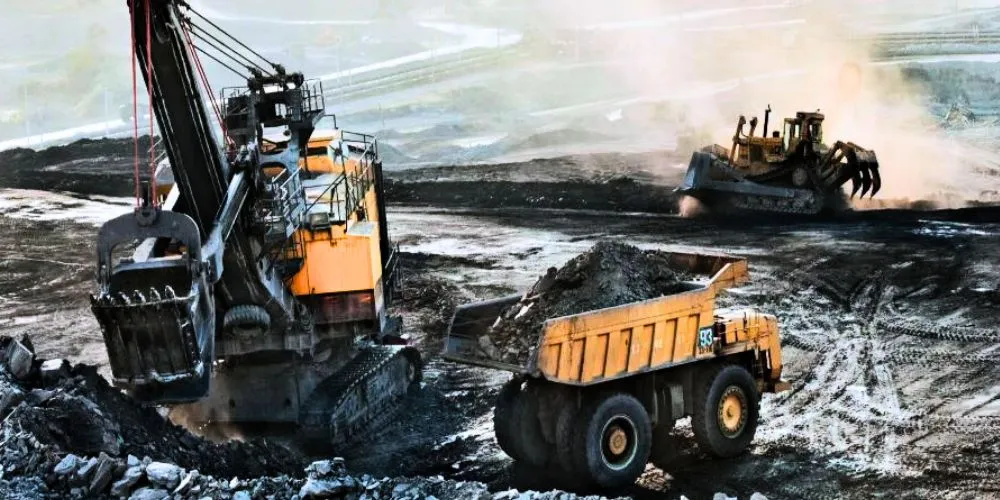Key Points
- China’s antimony export restrictions have disrupted Western supply chains, particularly for Henkel.
- Henkel declared force majeure due to delays in receiving raw materials from China.
- U.S. and Canadian firms are ramping domestic production to reduce reliance on Chinese minerals.
- Western companies are exploring recycling and alternative supply chains to mitigate the impact.
China’s recent restrictions on the export of strategic minerals, including antimony, are causing significant disruptions for Western companies. German chemical and consumer goods giant Henkel has declared force majeure on deliveries of certain adhesives and lubricants, citing delays in receiving raw materials due to Chinese export curbs.
These materials, essential for Henkel’s Bonderite and Teroson products, are widely used in the automotive industry and form a crucial part of its €10.79 billion adhesive technologies division. The company’s inability to predict the duration of this supply chain disruption highlights the growing urgency for Western firms to find alternatives to China-based resources.
Antimony, a scarce but vital mineral for military equipment and industrial uses, has seen prices surge by nearly 230% this year to $39,000 per metric ton on European markets. China, the world’s largest producer of antimony, recently escalated tensions by imposing a complete ban on its exports to the United States, further complicating the situation for companies like Henkel, which manufactures some of its products in Michigan.
Efforts to reduce dependency on Chinese minerals are underway but face challenges. U.S.-based Perpetua Resources is developing an antimony mine in Idaho with federal funding, though new mines typically require years to become operational.
Meanwhile, United States Antimony plans to increase production at its Montana smelter, currently operating at half capacity, as demand soars. Similarly, Canadian firm Northern Graphite, North America’s only producer of natural flake graphite, is ramping up output after orders spiked 50% following China’s restrictions on graphite exports.
China’s dominance extends to other critical minerals like gallium, germanium, and graphite, which are essential for technologies including semiconductors and EV batteries. Western companies are exploring alternative sources and ramping up recycling efforts to meet demand. Yet, environmental and logistical challenges persist. The scramble for new supply chains underscores the risks of over-reliance on a single source, particularly as geopolitical tensions influence global trade dynamics.




